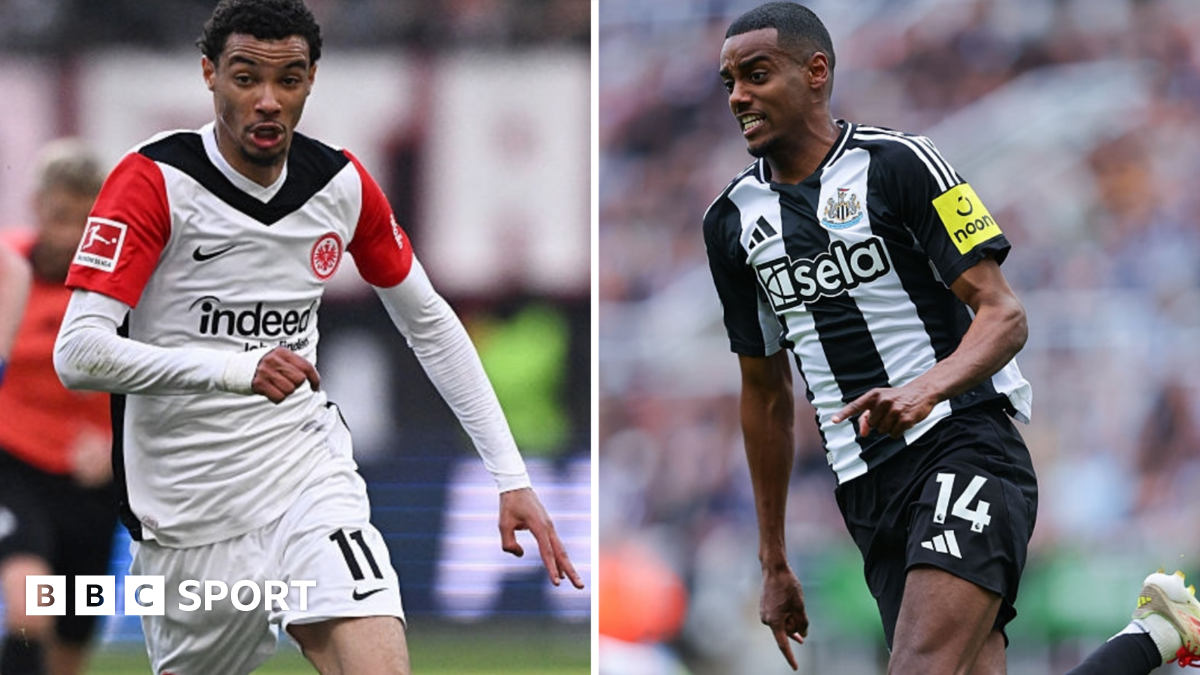
Liverpool's reported interest in Hugo Ekitike and Alexander Isak has raised eyebrows across the footballing world. It presents a fascinating tactical question: How could Arne Slot integrate two elite number nines into a cohesive system? More fundamentally, does this potential double signing signal a strategic shift in Liverpool's approach to squad building and competitive positioning within the Premier League and Europe?
The article in question proposes several tactical solutions, ranging from an ultra-narrow 4-2-3-1 to utilizing Ekitike in a wider role. However, these solutions largely sidestep a crucial element: market positioning and financial strategy. Signing two high-profile strikers isn't solely about fitting them into the same starting XI. It's about building depth, increasing tactical flexibility, and crucially, hedging against the inevitable injuries and dips in form that plague even the most talented squads.
Historically, clubs with aspirations of sustained success – think Manchester City under Pep Guardiola or Real Madrid during their Champions League dominance – have maintained a stable of attacking options. This isn't just about having replacements; it's about fostering internal competition and ensuring the team isn't overly reliant on a single individual. Ekitike, valued at approximately £30 million, and Isak, potentially costing upwards of £70 million, represent significant investments. Yet, viewed through the lens of squad depth and future-proofing, they could be strategically astute.
Consider the potential scenario where Darwin Nunez struggles for consistency or Mo Salah faces an injury layoff. Having Ekitike and Isak provides Slot with diverse tactical profiles. Ekitike's dribbling ability (ranking high in the Bundesliga last season) offers a different dimension to Liverpool's attack, while Isak's proven Premier League goal-scoring record guarantees a certain level of output. The article correctly highlights that Liverpool will likely play over 60 games next season, making rotation and tactical adaptation paramount.
Furthermore, the pursuit of these players can be interpreted as a direct response to the evolving competitive landscape. Chelsea, Manchester United, and even Arsenal are all investing heavily in attacking talent. To maintain their position at the top, Liverpool must match their rivals' ambition and create a squad capable of competing on multiple fronts.
Looking ahead, expect Liverpool to initially prioritize integrating these players gradually. Ekitike, in particular, may be eased into the squad, used as a versatile option across the front line. Over the next 12-18 months, Slot will likely experiment with different formations and partnerships to maximize the attacking potential at his disposal. The success of this strategy will ultimately depend on the players' ability to adapt, Slot's tactical acumen, and Liverpool's ability to navigate a fiercely competitive Premier League and Champions League environment.